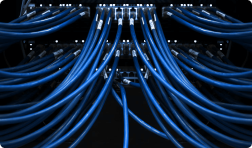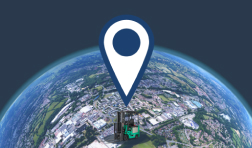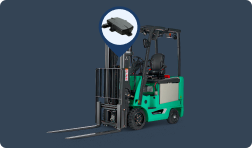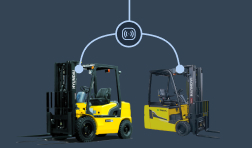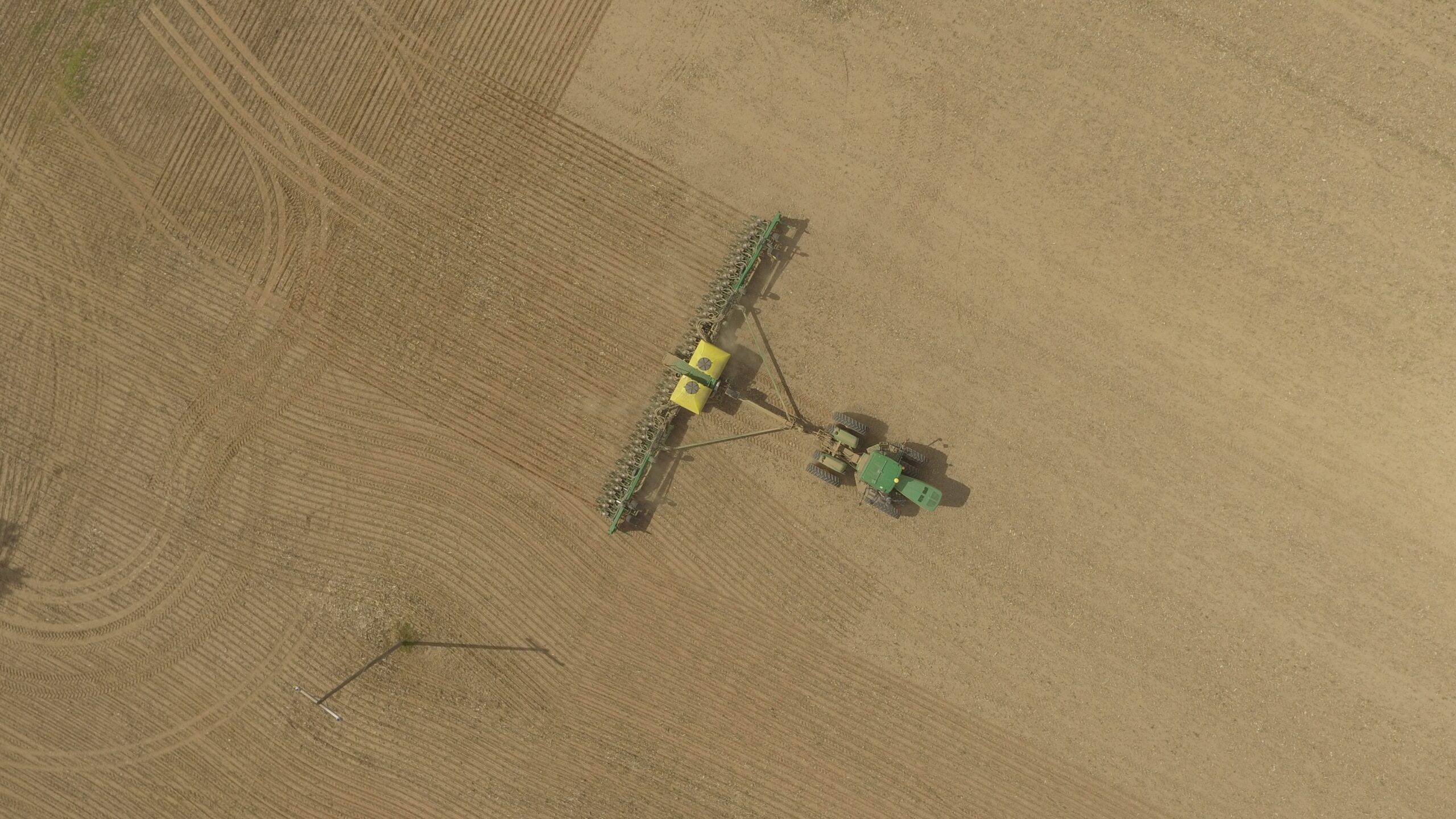Introduction: Embracing the Power of Heavy Equipment Fleet Management IoT
In the world of heavy equipment fleet management, the Internet of Things (IoT) is a game-changer. It’s transforming how businesses operate, offering unprecedented levels of visibility and control over their assets. With IoT, fleet managers can monitor and manage their equipment in real-time, leading to increased efficiency, reduced downtime, and improved safety.
The integration of IoT in fleet management is not just a trend; it’s a necessity for businesses looking to stay competitive in today’s fast-paced, data-driven world. This guide will delve into the intricacies of IoT in heavy equipment fleet management, providing insights into its benefits, implementation strategies, future trends, and more.
Ready to explore the world of IoT in fleet management? Let’s dive in!
Understanding IoT in Fleet Management: A New Era of Efficiency
The Internet of Things (IoT) is a network of interconnected devices that communicate and exchange data with each other. In the context of fleet management, IoT devices are embedded in heavy equipment and vehicles, enabling real-time tracking and monitoring of various parameters.
IoT in fleet management is about more than just tracking equipment; it’s about harnessing the power of data to make informed decisions. With IoT, fleet managers can monitor equipment usage, track maintenance schedules, and even predict potential issues before they become significant problems.
The integration of IoT in fleet management is revolutionizing the industry, paving the way for a new era of efficiency and productivity. Are you ready to harness the power of IoT in your fleet management operations?
Discover the Power of IoT in Fleet Management
Benefits of Heavy Equipment Fleet Management IoT: A Competitive Edge
The integration of IoT in heavy equipment fleet management offers a plethora of benefits. It enhances operational efficiency, reduces downtime, improves safety, and provides valuable insights for decision-making.
With IoT, fleet managers can monitor equipment in real-time, allowing for proactive maintenance and reducing unexpected breakdowns. Additionally, IoT can improve safety by monitoring operator behavior and identifying potential hazards.
The benefits of IoT in heavy equipment fleet management are undeniable. It provides a competitive edge, helping businesses stay ahead in the fast-paced world of fleet management. Ready to explore these benefits in more detail?
Explore the Benefits of IoT in Heavy Equipment Fleet Management
Case Studies: Real-World Applications of IoT in Fleet Management
There are numerous examples of businesses leveraging IoT in their fleet management operations. These case studies provide valuable insights into the practical applications of IoT, showcasing its potential to transform fleet management.
From construction companies using IoT to monitor equipment usage and reduce downtime, to logistics firms leveraging IoT for real-time tracking and route optimization, the applications of IoT in fleet management are vast and varied.
These case studies highlight the transformative potential of IoT in fleet management. Are you ready to explore these real-world applications in more detail?
Explore Case Studies of IoT in Fleet Management
How to Implement IoT in Heavy Equipment Fleet Management: A Step-by-Step Guide
Implementing IoT in heavy equipment fleet management may seem daunting, but with the right approach, it can be a smooth and rewarding process. The key is to start small, focusing on one aspect of your operations, and gradually expand your IoT capabilities.
From selecting the right IoT devices and setting up the necessary infrastructure, to training your staff and analyzing the data, implementing IoT in fleet management requires careful planning and execution.
Ready to take the leap and implement IoT in your fleet management operations? This step-by-step guide will help you navigate the process.
Learn How to Implement IoT in Fleet Management
Future Trends in IoT and Fleet Management: The Road Ahead
The integration of IoT in fleet management is just the beginning. As technology continues to evolve, we can expect to see even more innovative applications of IoT in the realm of fleet management.
From advanced predictive maintenance and autonomous vehicles, to AI-powered analytics and beyond, the future of IoT in fleet management is bright and full of potential.
Curious about what the future holds for IoT and fleet management? Let’s explore the exciting trends on the horizon.
Discover Future Trends in IoT and Fleet Management
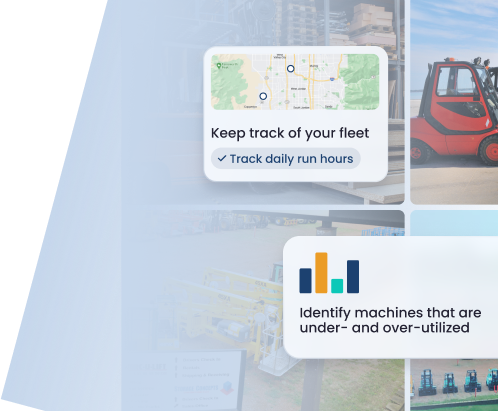
How it Works
As the owners of more than 1,500 industrial machines, we wanted one economical way to track all our equipment.
Designed for economy in the real world
One simple system for all your equipment
Sturdy hardware that fits any machine
Resources/References
- IoT Fleet Management For Equipment – HydraForce
- IoT-Based Fleet Management and Telematics – Intel
- IoT-Enabled Construction Equipment Tracking
Frequently Asked Questions
- What is IoT in fleet management?
- IoT in fleet management refers to the use of interconnected devices that communicate and exchange data, enabling real-time tracking and monitoring of heavy equipment and vehicles.
- How does IoT enhance fleet management operations?
- IoT enhances fleet management operations by providing real-time data on equipment usage, enabling proactive maintenance, reducing downtime, and improving safety.
- What are the benefits of integrating IoT in heavy equipment fleet management?
- The benefits of integrating IoT in heavy equipment fleet management include enhanced operational efficiency, reduced downtime, improved safety, and valuable data insights for decision-making.
- Can IoT help in reducing the operational costs of heavy equipment fleet management?
- Yes, by enabling real-time monitoring and proactive maintenance, IoT can help reduce the operational costs associated with unexpected breakdowns and repairs.
- How can I implement IoT in my fleet management operations?
- Implementing IoT in fleet management operations involves selecting the right IoT devices, setting up the necessary infrastructure, training staff, and analyzing the data for insights.
- What are some real-world applications of IoT in fleet management?
- Real-world applications of IoT in fleet management include real-time equipment tracking, proactive maintenance, operator behavior monitoring, and route optimization.
- What does the future hold for IoT in fleet management?
- The future of IoT in fleet management includes advanced predictive maintenance, autonomous vehicles, and AI-powered analytics.
- Does IoT in fleet management require a significant investment?
- While implementing IoT in fleet management does require an initial investment in devices and infrastructure, the long-term benefits in terms of efficiency, cost savings, and data insights often outweigh the initial costs.
- Can IoT improve the safety of my fleet operations?
- Yes, IoT can improve safety by monitoring operator behavior, identifying potential hazards, and providing real-time alerts.
- What type of data can I gather with IoT in fleet management?
- With IoT in fleet management, you can gather data on equipment usage, maintenance schedules, operator behavior, and more.
- Can IoT help in environmental sustainability in fleet management?
- Yes, by optimizing routes and reducing unnecessary equipment usage, IoT can contribute to environmental sustainability in fleet management.
- What are the challenges in implementing IoT in fleet management?
- Challenges in implementing IoT in fleet management can include technological compatibility issues, data security concerns, and the need for staff training.
- Can IoT help in fleet management even if my fleet is small?
- Yes, IoT can benefit fleets of all sizes by providing valuable data insights, improving efficiency, and reducing operational costs.
- What is the role of AI in IoT-based fleet management?
- AI plays a crucial role in IoT-based fleet management by analyzing the vast amounts of data generated by IoT devices and providing actionable insights.





